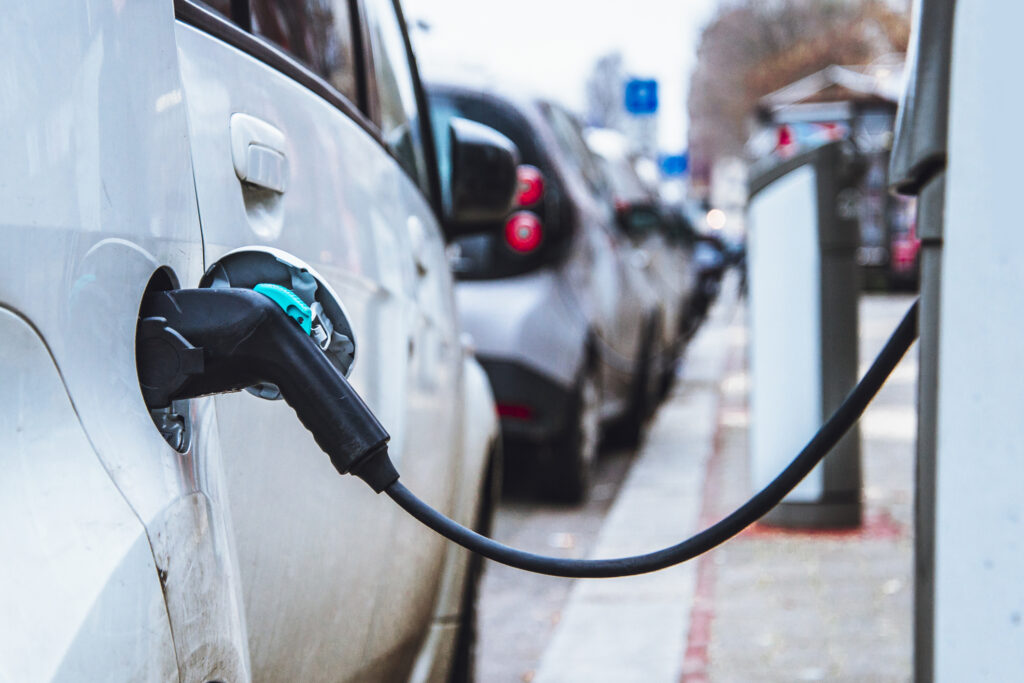The Renewable Energy Association (REA) is calling on the government to give key worker status to EV charging maintenance staff.
This follows a survey from Zap-Map in partnership with the REA that found 83% of EV drivers are still reliant on their EV for essential travel, with 24% of these identifying as key workers.
The duo surveyed 3,000 drivers between 31 March and 2 April, finding that 29% are still using the public and manufacturer-owned charging networks, with 47% of key workers involved were reliant on the public charging network.
“EVs and the public charging infrastructure are playing a fundamental role during the COVID-19 pandemic, allowing many users to fulfill essential travel needs and keeping key workers across a wide range of roles on the road,” said CTO and joint MD of Zap-Map, Dr Ben Lane.
In addition, there was an increase in users reporting issues, coming in at 21% and jumping to 28% among key workers, likely due to the higher utilisation. Delays to chargers being repaired and inaccessibility of chargers where a site is closed or behind a barrier were identified as two key issues caused by the lockdown.
Currently 430 charging points of a total 18,000 – or 2% of UK chargers – have been identified as temporarily inaccessible due to lockdown measures.
The results of the survey have led to the REA contacting the government to ask for maintenance personnel for public and manufacturer-owned EV chargers to be given key worker status, as well as joining up with Zap-Map to work with the Office for Low Emission Vehicles to “understand issues relating to site accessibility”.
Dr Nina Skorupska, chief executive of the REA, said: “With the lockdown set to continue it is important that the public has access to publicly owned and operational charge points. We are committed to working with OLEV to ensure any problems are identified as quickly as possible.”
Those working in the EV sector have not been given that status leading to EV installations coming to a standstill.
Despite this, sales of new battery electric vehicles (BEVs) hit a record high in March 2020, almost tripling to 11,694. BEVs therefore held a 4.6% share of the new car market, which fell -44% as a whole.






